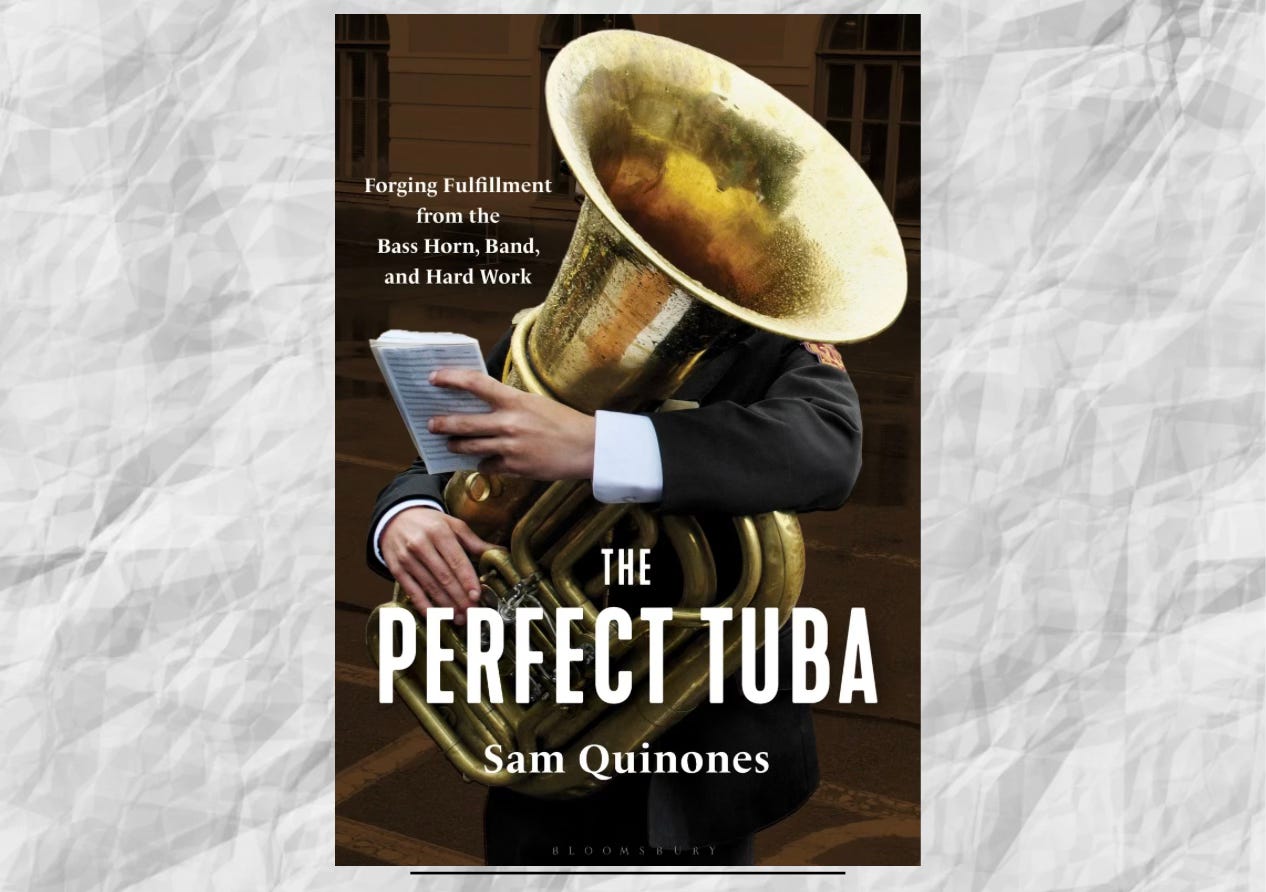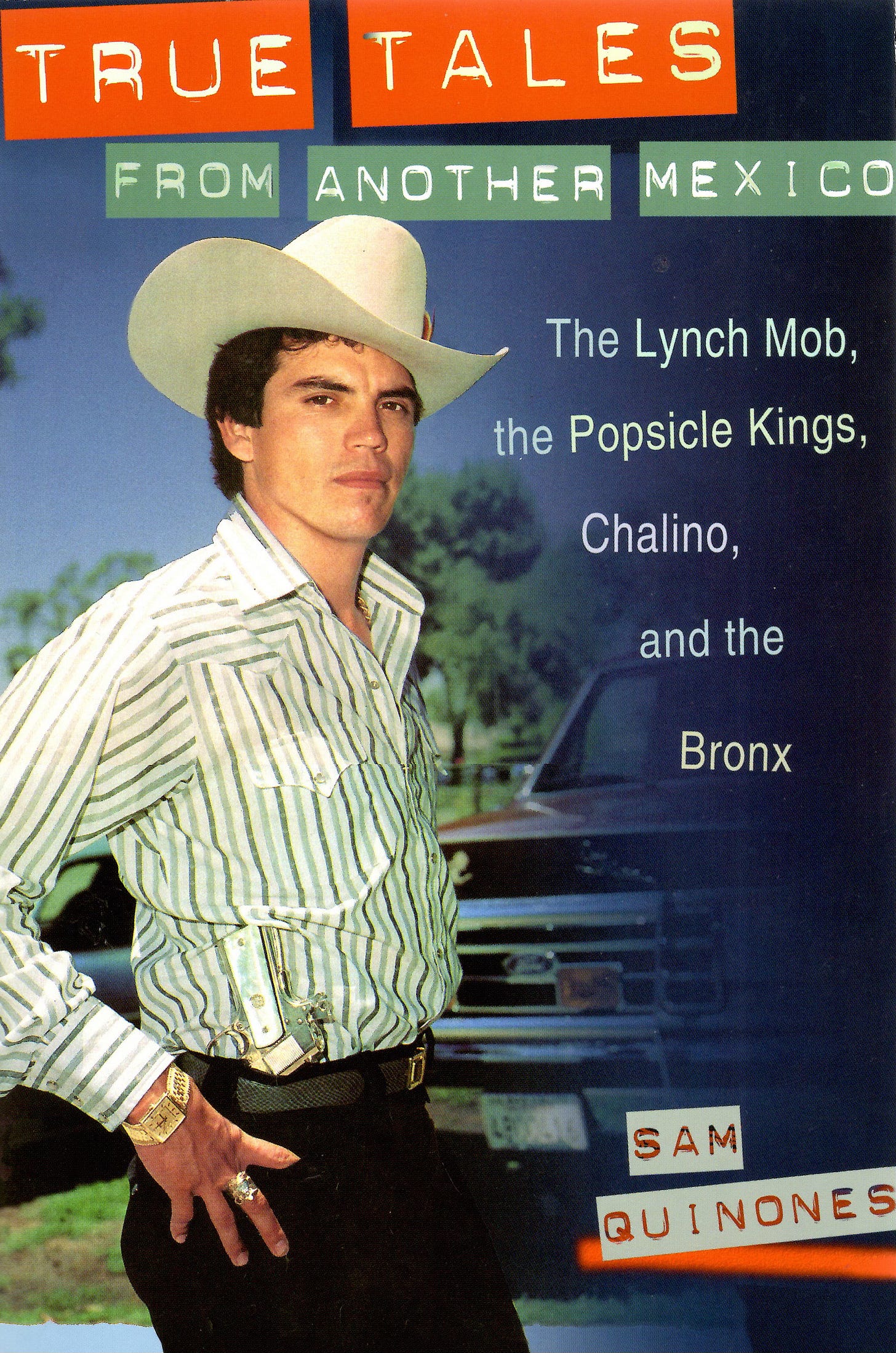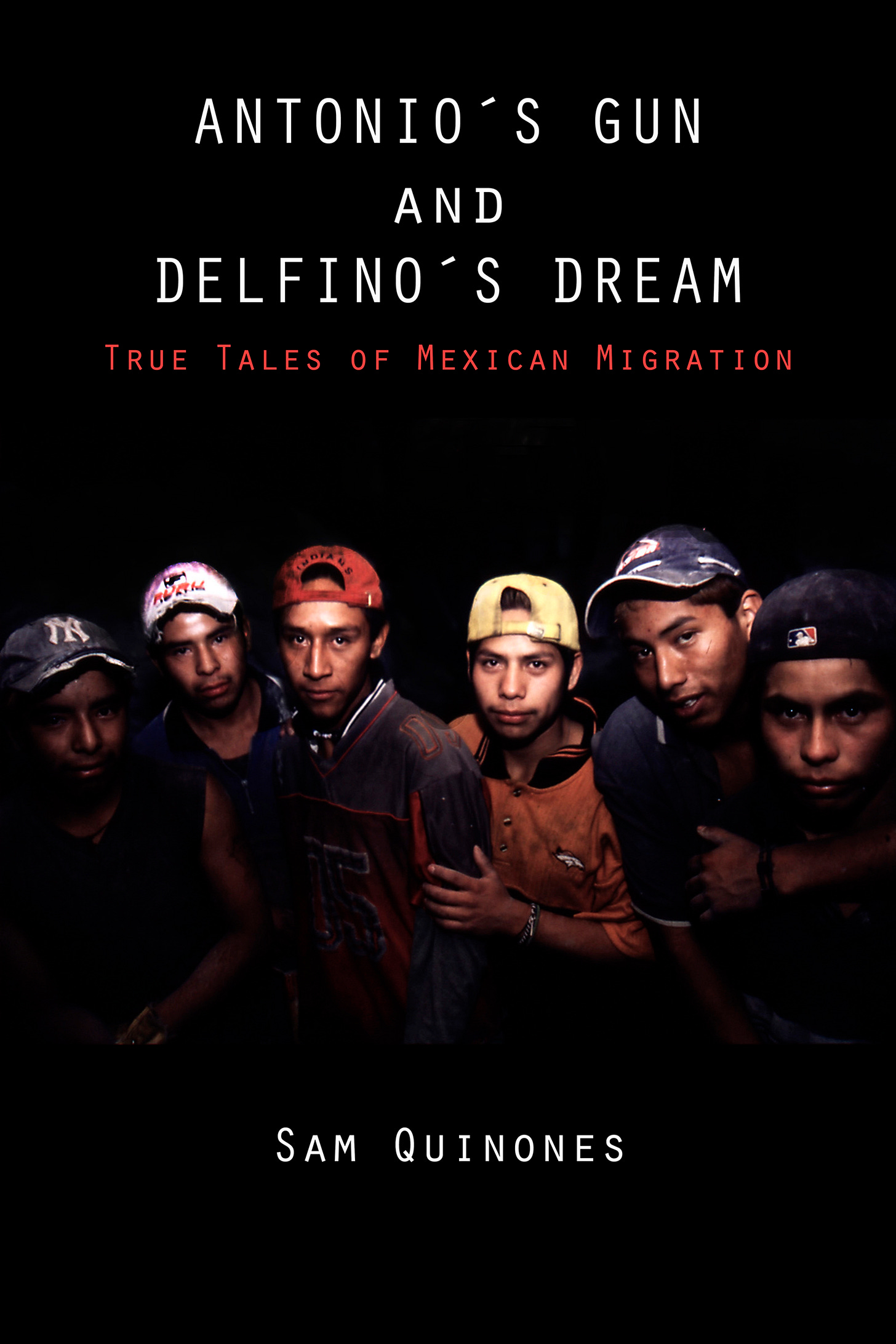Reading My Own Book Aloud
I thought I knew how to read when I went in to record my next book for Audible.
I spent last week in a darkened recording cabin reading my own book aloud.
This was for the Audible version of my next book — THE PERFECT TUBA: Forging Fulfillment from the Bass Horn, Band, and Hard Work — which comes out September 30, but is on sale now here .
It was the first Audible book I have read. It was tough going.
The Perfect Tuba is a special book to me. I embarked on it to take a break after 12 years of writing about addiction.
Tuba players and band directors might seem strange topics for someone like me to write about. I’m a crime reporter. I don’t play the tuba, never marched in band in high school.
But I was tired. And I didn’t want to be pigeonholed into one topic. I have an interest in so many things. I’ve got a computer full of stuff that I think might turn into weird and wonderful stories if given the proper time and focus.
I wrote once about the opera scene in Tijuana. And the Cambodian Doughnut King of Los Angeles.
In 2011, I wrote a story for the LA Times about the huge popularity of the tuba in Mexican Los Angeles. I followed that with a story about all the tubas being stolen from high schools in those areas, because of the instrument’s popularity.
After that, I just kept interviewing tuba players. Why? I’m not sure, except they all seemed to love what they did and weren’t expecting to get rich or famous. That sounds like a sane approach to life. The tuba approach to life.
I had no idea how I would use all the stuff I was learning. But when you find people like that, some amazing stories are usually waiting to be found, if you keep at it. So I did.
While writing my last two books, I would occasionally stop to interview a tuba player. I went to the International Tuba and Euphonium Association conference (in Knoxville that year).
When I finished my last book, about fentanyl and methamphetamine, I decided to dig seriously into my TUBA file in my computer to see if there was a book I might write.
Their stories were about people finding purpose and love for something because it is hard to do, with sacrifice, focus, and collaboration with others. In getting good at it, they learn what they’re capable of.
We live in a time of distraction and addiction, of isolation, of dimmed attention spans, and of corporate marketing and drug dealers telling us that happiness can be found by buying their product.
The message of tuba players and band directors was a radical one for such a country.
Then it dawned on me: I was writing about the opposite of addiction. An antidote to addiction.
I did not expect that.
By the end, I was convinced that the perfect sequel to my books about Oxycontin and heroin, and then fentanyl and meth, was a book about … tuba players and marching-band directors.
An opioid overdose stifles the breath of life. Tuba players nurture that precious breath. What starts as an unpleasant, wet buzz of their lips on the steel mouthpiece, bounces down those winding tubes to emerge milliseconds later as a sound that will rock a room and shake your bones.
That’s a decent description of addiction recovery. A decent description of life as well.
In the end, the stories — I’ll say this immodestly — are just jewels. Unexpected jewels, of which I am so proud.
I was looking forward to reading the book for Audible.
I expected just to go in and read. Yet it’s far more than that. I’d written the words, agonized over the sentences. The process of reading it aloud, though, was just arduous at first.
There’s acting involved, expressing the tone of each scene.
As the first day wore on and my brain grew tired, I stumbled constantly.
I felt a terror, that the stories I’d worked so hard to tell would flop lifelessly out of the recording.
I forgot the lesson of human learning and improvement that one band director imparted to his students in the book:
Fast makes slow.
If you first try to do something fast, you’ll trip and stumble forever.
In fact, that’s what I did. As my brain melted out my ears from fatigue, I frantically tried to rush through sentences to get to the end and make the torment stop. This, of course, only prolonged things, as I misread sentences over and over. Looking at a screen in the dark, I started seeing double.
How could I be so bad at reading? And reading words I’d written and rewritten? And once even read aloud on my own all the way through?
I was lucky to have on the other end of the line a woman, an actress and the daughter of an acclaimed orchestra conductor, who was directing the reading. She heard my agony but didn’t relent in her insistence upon precision.
She reminded me often that a few paragraphs may require a certain tone, and the next two or three may require a far different one.
Nor did the recording engineer ever stop telling me when the smallest movement I made was picked up by the microphone and disrupted the sentence I was reading.
Sitting stock-still, in the dark, staring at a screen, with a voice in my ear telling me I’d left off the “d” in “practiced”, and taking a sip of tea every couple paragraphs— that’s the drill.
Gradually, I learned the basics of reading audio books. The main idea behind which is, as in so much of human learning: Go slow.
The other key to it is, break a sentence into parts, a few words each.
Here’s a stab (done at home) at a section. It’s about the wild and roiling 1990s’ tuba scene created in Orlando, Florida by all the bands that Disney World employed at the time. Young tuba players came from all over the country for the work. With the economic stability Disney provided, they were liberated to be who they could be:
I began to read more slowly, break down sentences, accept mistakes instead of letting them drive me crazy.
I crawled back into the book’s narrative again. I felt the stories for the beauty I had originally beheld in them, which made me want to search out the characters, then report, interview, write, and rewrite.
+ The story of how the high school band from tiny Roma, Texas in the Rio Grande Valley competed in state finals for the first time, its kids awed by the immensity of the Alamodome in San Antonio where they performed, yet prepared with the skills to pull it off.
+ The story of Brian Frederiksen, who spent most of his adult life as an unpaid assistant, videographer, and biographer to Arnold Jacobs, one of the titans of the 20th Century American tuba and an almost mystical music teacher. Brian was a tuba player whose career never materialized. But if he could not himself be great on the horn, he was content to be near tuba greatness.
+ The story of Zig Kanstul, one of America’s best brass-instrument artisans, who spends his last years trying to replicate the perfect tubas – two tubas owned by the Chicago Symphony Orchestra. These horns are almost religiously venerated by tuba players. They are, I was told, the Holy Grail of tubas.
I always felt these stories were not something I created. I had just found them. My job, like a miner, was to dig them out and present them as fully as I could.
Eventually I was able to get to that in that dark recording cabin.
Thanks to the director, and the recording engineer at the studio where I sat for four days straight, the Audible version of the book will not reflect the desperation I felt reading at times.
I left there jazzed, having come out the other end of a trial and now feeling, like those tuba players I wrote about, that I had accomplished something.
Now I may see if I can read my first two books for Audible — products of my years living in Mexico and writing about the country and its people’s immigration to the U.S.
There are great stories in each of them, too.
More Great Stories from the Dreamland Newsletter:
“Natalie” — a California prison inmate tells the story of a friendship he struck up with an old lady — a Holocaust survivor and shut-in — when he was 7 years old.
“A Visit to a Mexican Meth Lab” — as told to me by a U.S. meth dealer.
“Carl” — my encounter during a hospital stay with a man who had more stories than I had a right to expect.






What a great anecdote and I love your acknowledgement of the learning process. I am looking forward to your book and am imagining rereading your 1st two collections with my ears this time!
Great recording! I can’t WAIT for this book!!!!!